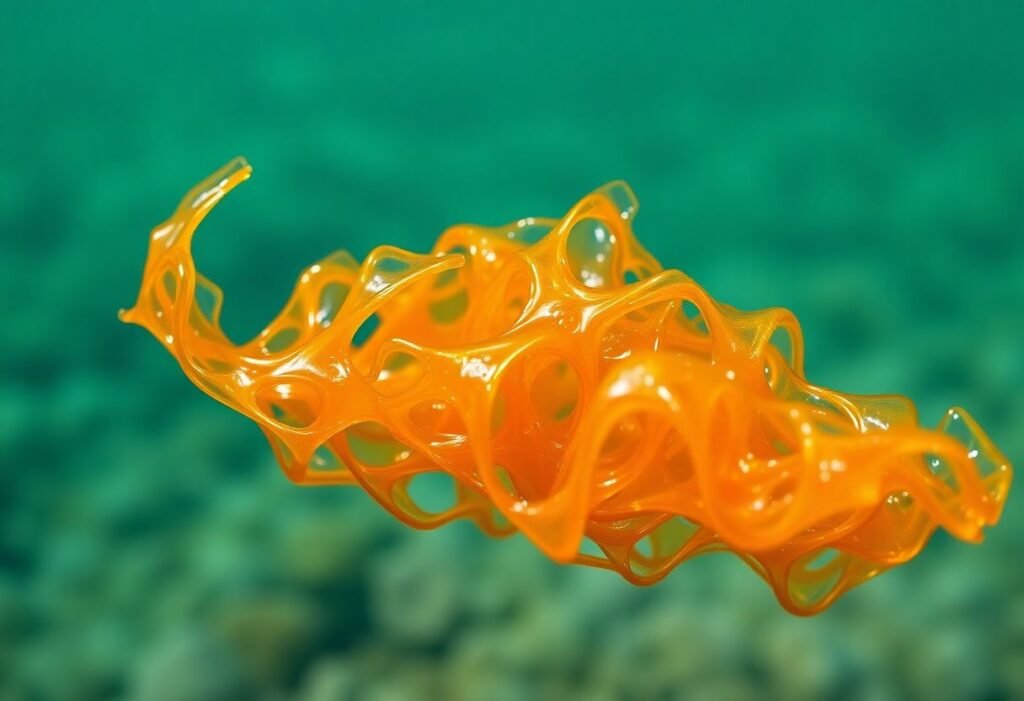In light of the escalating plastic pollution crisis, researchers have discovered an innovative solution that offers promise for both marine environments and biodegradable materials. This breakthrough reveals a type of plastic that breaks down in the ocean more swiftly than traditional materials, providing a vital step toward sustainable practices and ecological balance.
A Revolutionary Biodegradable Plastic
Recent studies have pinpointed that cellulose diacetate, a bioplastic existing for over a century, can decompose in marine settings significantly faster than conventional plastics. Its natural origin allows it to effectively reduce the amount of plastic waste that enters our oceans, addressing a critical environmental concern. Current estimates suggest that more than 11 million tons of plastics infiltrate ocean waters annually, leading researchers to seek materials that can help mitigate this issue. With advancements in technology, we can leverage bioplastics designed to decompose in less time than traditional materials, ultimately supporting cleaner oceans.
Accelerated Decomposition Process
The research team has also developed methods to expedite the biodegradation of cellulose diacetate. By adjusting the composition and structure of the plastic, the team has enhanced its breakdown rate in marine environments. This innovative approach allows for not only faster degradation but also ensures that the plastic’s environmental impact is significantly reduced. Studies show that cellulose diacetate can decompose in approximately 60 days, contrasting sharply with the hundreds of years required for standard plastics.
Applications in Everyday Products
This new biodegradable plastic has vast potential applications in various everyday products—from straws and packaging to disposable utensils. By incorporating cellulose diacetate into these products, manufacturers can produce environmentally-friendly alternatives without compromising on quality or usability. As a result, consumers can transition to sustainable options more easily, thereby facilitating broader adoption of eco-friendly practices in daily life.
Impact on Ocean Health
The implications of this research are profound. If adopted widely, biodegradable plastics could drastically reduce the volume of harmful plastics that accumulate in marine ecosystems. Plastic waste significantly impacts marine life, leading to ingestion, entanglement, and habitat degradation. By utilizing plastics that break down more rapidly, we can protect aquatic species and preserve biodiversity, ultimately fostering healthier ocean ecosystems.
Creating Awareness and Change
As the fight against plastic pollution evolves, public awareness and accountability are paramount. Educating consumers about the importance of seeking biodegradable options is essential. This research not only highlights a promising new material but also emphasizes the need for individuals, industries, and policymakers to prioritize eco-friendly practices and support sustainable innovations in technology and manufacturing.
Looking Ahead
The future of plastics is shifting towards more sustainable materials, as highlighted by this groundbreaking research. As scientists continue to explore and innovate, it is imperative that we support the development and implementation of biodegradable plastics. By choosing materials that minimize environmental impact, we take significant strides towards a cleaner planet, preserving our oceans for generations to come.





















